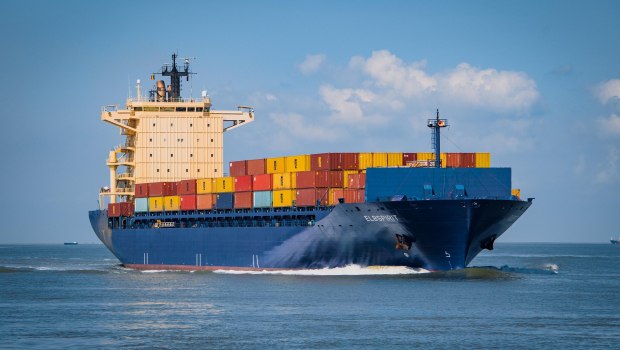New analysis by UCL Energy Institute, with the assistance of UMAS, analyzing voluntary carbon insetting schemes in the maritime sector suggests that they could play a vital role in catalyzing shipping's decarbonization
New analysis by UCL Energy Institute, with the assistance of UMAS, analyzing voluntary carbon insetting schemes in the maritime sector suggests that they could play a vital role in catalyzing shipping's decarbonization during the critical period before regulation is the driving factor.
Carbon insetting is a strategy that focuses on reducing carbon emissions within a company's own operations and supply chain, rather than purchasing offsets from external projects.
The analysis highlights that maritime insetting schemes, such as book and claim, offer significant opportunities by stimulating value chain thinking and providing early market signals during the emergence phase of the energy transition. These schemes can mobilize private investment into low and zero-emission solutions before compliance-driven measures become dominant.
The study concludes that while insetting can be a valuable tool for creating a pathway to fully decarbonize shipping, its ultimate value will be measured not by the emissions credits generated, but by its ability to quickly accelerate the maritime industry's transition to a zero-emissions future.
Dr Nishatabbas Rehmatulla, UCL Energy Institute, said: “The emergence phase of shipping's energy transition requires ambitious voluntary action, and insetting schemes offer one mechanism to deliver this. To realize this potential, schemes must be grounded in the
Content Original Link:
" target="_blank">
































































